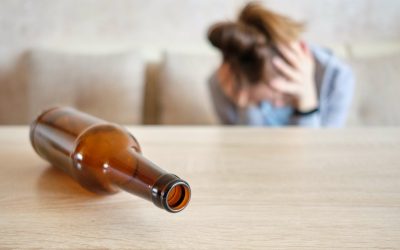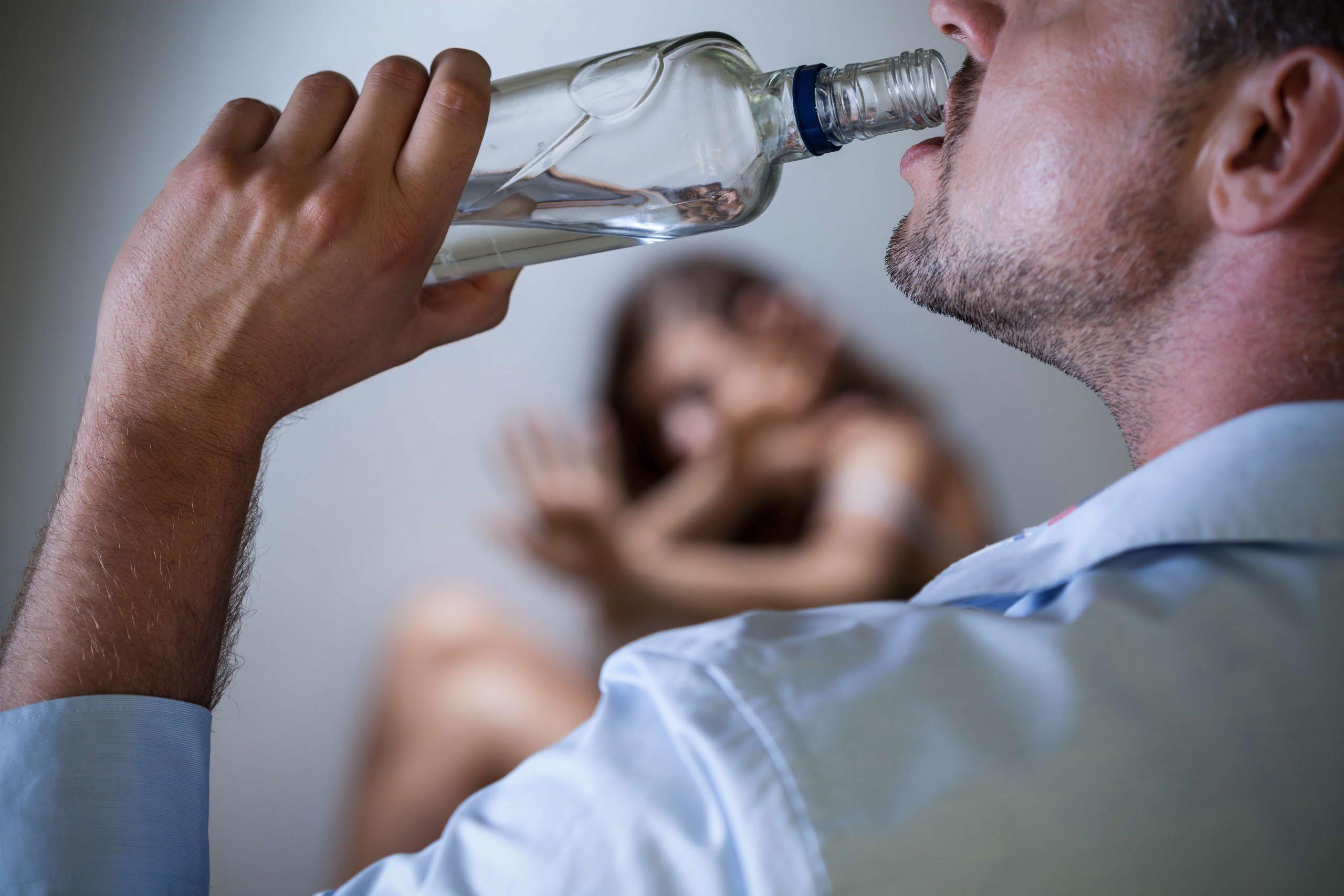Content
- The Top Tools Being Utilized for Research on the Brain in Recovery
- Quickly relieve stress without drugs
- Be completely honest with yourself and everyone in your recovery circle.
- Addiction Destroys Dreams, We Can Help
- National Recovery Month 2023
- A Rise In Sports Betting Means A Rise In Sports Gambling Addiction
Substance use disorder (SUD) is a mental health condition in which a person has a problematic pattern of substance use that causes distress and/or impairs their life. • Developing a detailed relapse prevention plan and keeping it in a convenient place for quick access when cravings hit, which helps guard against relapse in the future. A good relapse prevention plan specifies a person’s triggers for drug use, lists several coping skills to deploy, and lists people to call on for immediate support, along with their contact information.
You can start looking for help for a drug or alcohol addiction by speaking with a doctor, doing research on what help is available and discussing these options with your friend or loved one. Factors that can play a role in deciding where to go for drug or alcohol addiction treatment and what kind of program you choose include the reputation of the rehab facility and the type of care you are seeking. Addiction is a chronic disease that causes significant changes in the way the brain functions and how a person behaves. It is characterized by the compulsive misuse of a substance, even though it brings about significant negative consequences. Addiction can be treated and managed successfully through evidence-based behavioral therapies and, in some cases, medication.4 Some rehab centers use alternative therapies in treating addiction. Self-centeredness is often said to be a characteristic of addiction.
The Top Tools Being Utilized for Research on the Brain in Recovery
This can lead to strong cravings for the substance to relieve uncomfortable or distressing withdrawal symptoms, and may result in an individual struggling to quit using and relapsing or returning to substance use. Encouraging your loved one that seeking some form of professional help for addiction is a positive step towards recovering from drug and alcohol abuse can put them on the path towards a sober life. Whether you are seeking sober house help for a problem with alcohol, cocaine, marijuana, heroin, crystal methamphetamine, or any other addiction, recovery is possible. Psychologists have found that selflessness makes us feel good. When we are kind to others or when we give back in a meaningful way, the pleasure centers of our brain are stimulated. This is important in addiction recovery because of the damage done to the brain’s reward system during active addiction.

Millions of people need, but do not receive, treatment for an addiction every single year. This shows that addiction is a pervasive problem that’s often ignored. But with your encouragement and support, your loved one’s lifelong recovery journey is easier than they once thought possible.
Quickly relieve stress without drugs
Medication may be used to manage withdrawal symptoms, prevent relapse, or treat any co-occurring mental health condition such as depression or anxiety. Like other chronic diseases such as heart disease or asthma, treatment for drug addiction usually isn’t a cure. Treatment enables people to counteract addiction’s disruptive effects on their brain and behavior and regain control of their lives. These programs support behavioral modification through self-help and peer support. The underlying principle of these programs is that people with SUD must understand that they have a chronic condition that will never go away.

It’s an integrated theory that’s compatible with most evidence-based and holistic treatments, like the 12-step program and behavior therapy. Another one of the most important ways to support recovery is to understand that multiple relapses over a number of years are typically part of the process. They are not occasion for blame or despair but for encouraging resumption of recovery. Families can develop awareness of a loved one’s emotional, environmental, and social triggers of substance use and manage those. Studies show that families that participate in treatment programs increase the likelihood of a loved one staying in treatment and maintaining gains. Such issues are often worked on with addiction professionals during the addiction treatment process.
Be completely honest with yourself and everyone in your recovery circle.
Healthcare providers may recommend cognitive and behavioral therapies alone or in combination with medications. As people with SUD often have co-occurring mental health conditions, treating them together rather than separately is generally better. Substances send massive surges of dopamine through your brain, too. But instead of feeling motivated to do the things you need to survive (eat, work and spend time with loved ones), such massive dopamine levels can lead to damaging changes that affect your thoughts, feelings and behavior. In the past, healthcare providers, organizations and members of the public often used the terms “addiction/addict,” “abuse/abuser” and “dependence” when referring to substance use.
- When this happens, it can be useful to stay with the urge until it passes.
- The only difference was that they were sick and needed your help overcoming their addiction.
- Every person needs a comprehensive recovery plan that addresses educational needs, job skills, social relationships, and mental and physical health.
- Peer or mutual support is not restricted to AA or NA; it is available through other programs that similarly offer regular group meetings in which members share their experiences and recovery skills.
Even after you’ve completed initial treatment, ongoing treatment and support can help prevent a relapse. Follow-up care can include periodic appointments with your counselor, continuing in a self-help program or attending a regular group session. Withdrawal from different categories of drugs — such as depressants, stimulants or opioids — produces different side effects and requires different approaches.
” Remind them often that you are willing to be their recovery support. Remind them that they’re valued, they can do this, and they’re not alone. Taking care of your own physical, emotional and mental needs first will make you better equipped to help your loved one through the difficult journey of recovery. There are also many support groups for families that can provide care and community as you navigate this challenging role. Emotional and mental relapse may start weeks or even months before the event of physical relapse.
What is the 7th step in recovery?
Step 7 encourages people to practice humility by asking a higher power to remove shortcomings and replace these imperfections and replace them with spiritual practices. This step emphasizes acceptance of flaws and the need for personal change.

